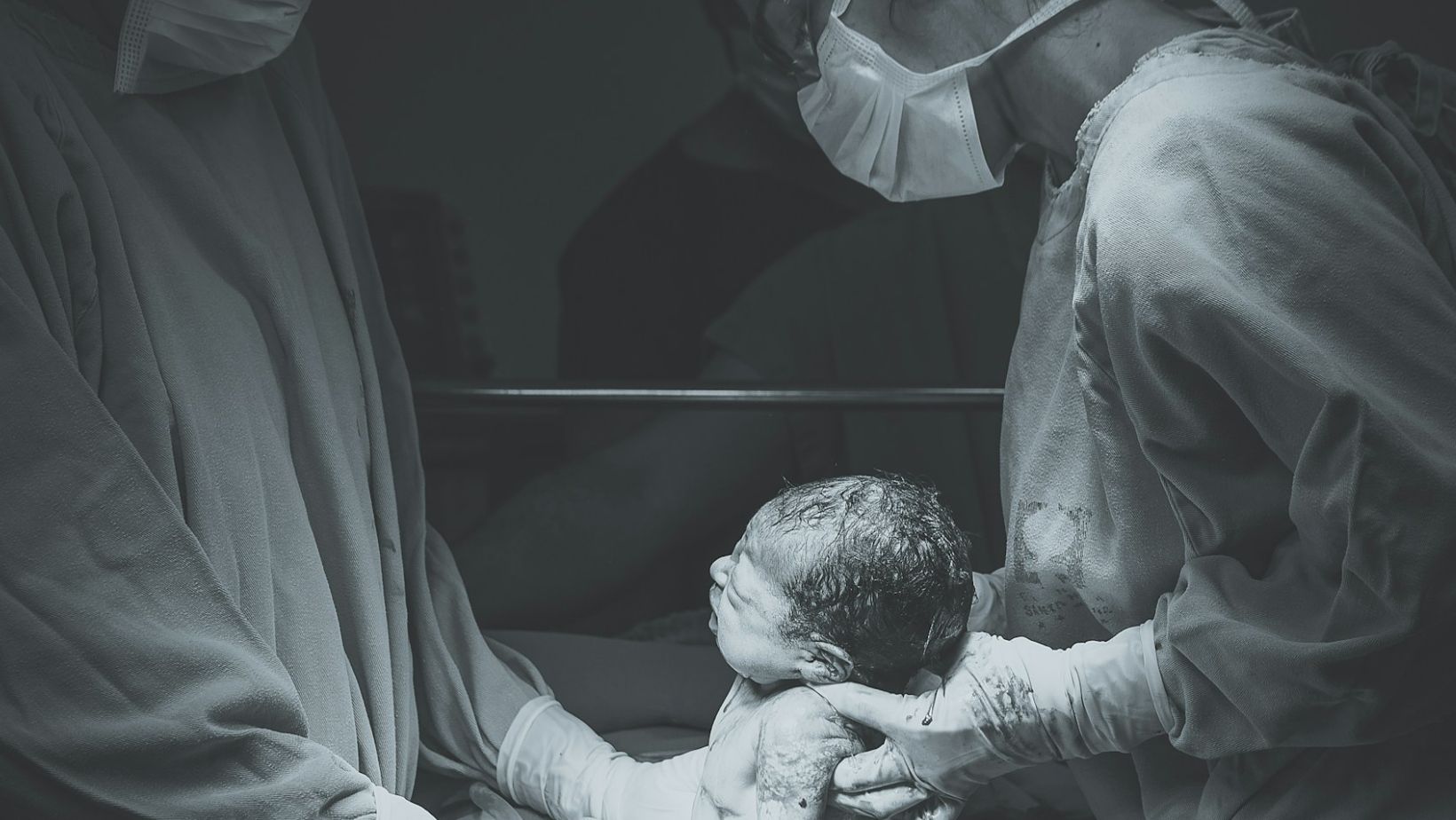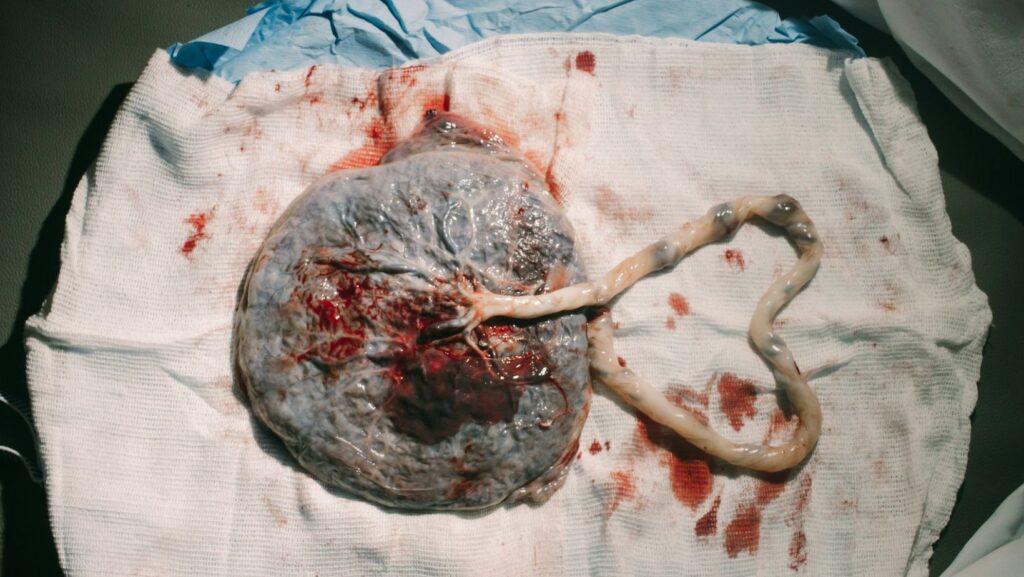The birth of a child is usually an exciting time, even if parents are experiencing a little anxiety about bringing a new life into the world. While the majority of births go smoothly, complications can occur like umbilical cord prolapse (UCP). The complication often occurs during delivery, but it can be present before birth.
UCP occurs when the umbilical cord is pushed through the cervix before the infant, and it can cause serious complications. Claiming compensation for umbilical cord prolapse birth injuries can be complex, even if the infant develops serious health issues. However, there are some steps you can take to help ensure your medical malpractice claim for a UCP injury doesn’t run into complications.
Diagnosing UCP and Identifying the Potential Risks
Throughout your pregnancy, you should be regularly visiting an obstetrician or at least a primary care provider. Your appointments are usually fairly spread out during the first and second trimesters, typically once every two or three months, as long as there aren’t any complications.
By the time you reach your third trimester, you’re probably visiting your physician more often. Sometimes, you may be at a doctor’s appointment once a week.
The reason for the frequency of doctor visits during pregnancy is simple. The goal is to ensure the health of both the mother and unborn child. Diagnostic testing like ultrasounds are common. You typically don’t stop having an ultrasound performed just because you finally know the baby’s sex.
The constant testing and exams are looking for potential complications like umbilical cord prolapse. Remember, sometimes the condition develops before birth, and testing can allow healthcare providers to correct the problem before complications occur.
So, how can physicians diagnose UCP? Along with ultrasounds, a pelvic exam and electronic fetal heart monitoring can alert doctors to the potential health risk.
What Are the Risks Associated with Umbilical Cord Prolapse
Simply seeing the umbilical cord before the infant can be reason enough for concern. Parents typically expect to see their child’s head exiting the birth canal before anything else appears.
Umbilical cord prolapse is more serious than simply being an alarming and unexpected sight. The umbilical cord is responsible for bringing oxygen to the fetus. When the cord is prolapsed, the infant’s oxygen supply is either significantly reduced or completely cut off.

A prolapsed umbilical cord can wrap around an infant’s neck, further reducing oxygen flow. The infant’s shoulders or head can also compress the umbilical cord. The lack of oxygen can result in severe health complications. Infants can develop fetal hypoxia, cerebral palsy, and permanent brain damage. If a fetus is deprived of oxygen for too long, death can also occur.
When a prolapsed umbilical cord is discovered in time, physicians can take proactive steps to correct the condition. Sometimes, it’s possible to correct a prolapsed umbilical cord before birth. Other times, an emergency C-section may be necessary. Remember, the goal is to restore oxygen to the fetus before complications, including death, can occur, so this is one of those conditions where early diagnosis is essential.
Are You Eligible for Compensation After a UCP Birth Injury
Parents often want answers and someone to blame when something goes wrong during the birth of their child.
Sometimes, complications can arise during delivery through no one’s fault. The mother may start hemorrhaging during delivery, or the fetus can suddenly turn around in the birth canal. These are often unforeseen situations that couldn’t be diagnosed ahead of time.
In cases like this, you probably can’t file a medical malpractice lawsuit since the complications were unforeseeable.
However, if your child suffers a birth injury and the UPC condition was either missed or diagnosed too late, you may be able to file a medical malpractice claim to recover compensation for your damages. This can also apply if the attending physician didn’t respond promptly during delivery. For example, the umbilical cord is visible before the infant, but the attending physician still delays treatment.
Before you’re eligible to file a claim against the physician, hospital, or both, you must prove the four elements of negligence. Your medical malpractice claim isn’t going anywhere unless there’s proof of negligent behavior, which means you must show:
- The doctor has a legal duty of care to their patient
- The physician breached their duty of care. A misdiagnosis can be considered a breach of duty.
- The physician’s breach of duty is directly responsible for your infant’s injuries
- The damages (injuries) are caused by the physician’s negligence
If you can meet the burden of proof for negligence, there’s a good chance you may have grounds for a medical malpractice claim.
What Damages Can You Recover For a UCP Birth Injury
Every medical malpractice claim is different, but most of them include both economic and non-economic damages.
Your economic damages typically include medical bills, along with the cost of any long-term care your child may need throughout their life. The cost of any required medical devices for your child’s treatment and/or care can also be included. If you miss work due to the birth injury, your lost wages may also be recoverable.
Your non-economic damages typically include things like pain, suffering, and mental anguish. Some medical malpractice claims also list loss of life enjoyment as damage.

Some states, like Georgia, also place caps on medical malpractice claims. This means your judgment or settlement amount can’t exceed the cap. Currently, Georgia caps non-economic damages in medical malpractice cases at $350,000. This means that even if your calculated non-economic damages exceed the cap, you can’t be awarded a higher amount.
Don’t Wait Too Long to Consult with an Attorney
There’s probably a lot going through your mind after experiencing a UCP birth injury. You’re worried about the well-being of your infant, and this is normal—however, you also don’t want to wait too long to consult with an attorney.
In Georgia, you only have two years to file a medical malpractice claim after a UCP birth injury. If you miss the statute of limitations, you may not be able to receive compensation for your damages.
